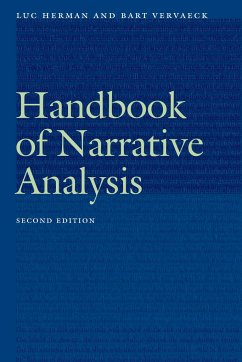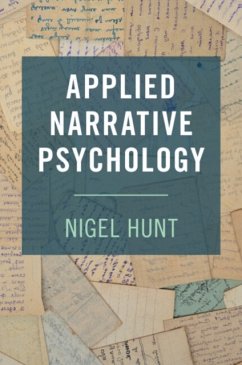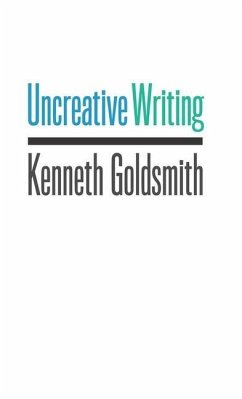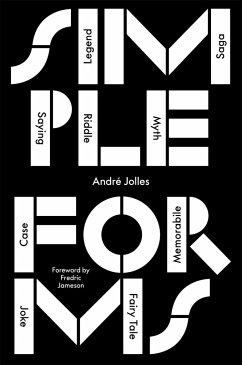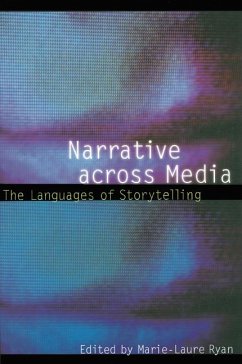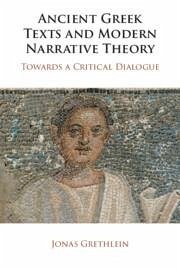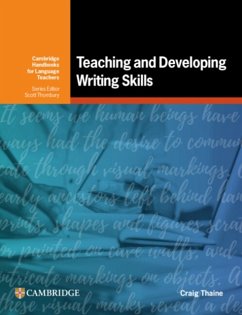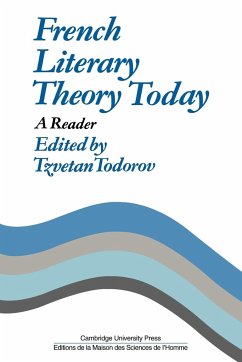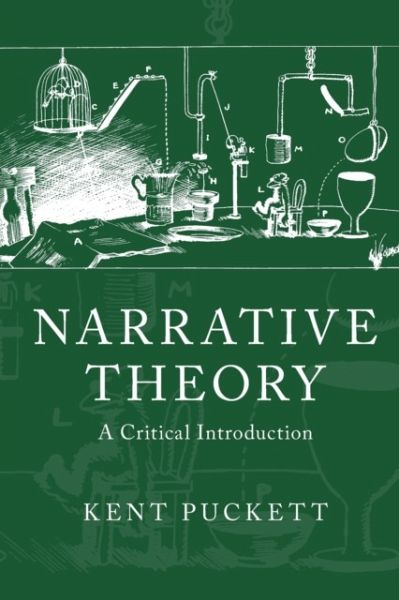
Narrative Theory
Versandkostenfrei!
Versandfertig in über 4 Wochen
32,99 €
inkl. MwSt.

PAYBACK Punkte
16 °P sammeln!
Kent Puckett's Narrative Theory offers readers an introduction to the field's key figures, methods and ideas, and it also reveals that field as unexpectedly central to the history of ideas by providing an account of a methodology of narrative increasingly central to literary studies, film studies, history, psychology and beyond.





